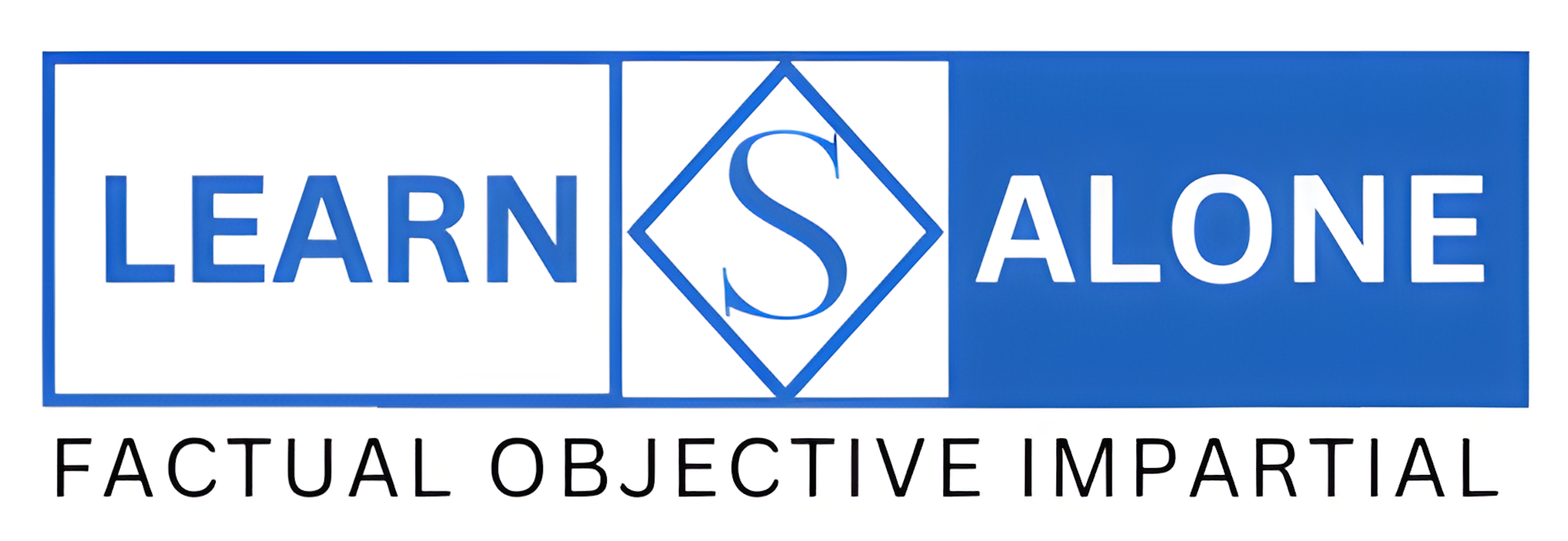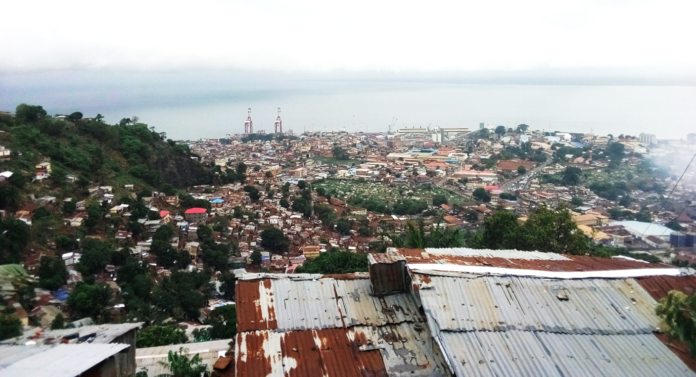From 1961 when the British Union Jack was replaced by the Green, White and Blue and until the death of the country’s first Prime Minister, Sir Milton Augustus Strieby Margai, in 1964, Sierra Leone tasted economic and social development as an “independent nation” and governance was good. That experience, though short lived was made possible through express political participation, support and leadership committed to managing proceeds from the sales of the country’s natural resources thereby eradicating the resource curse.
Notwithstanding that, post-independent Sierra Leone has and still experience economic and social downturn caused by political instability arising mainly from bad governance practices which has plunged the nation to linger and wallow in acts of corruption and political destabilization for decades causing the masses to become victims of poverty, hunger and starvation, diseases, inflation and unemployment with high cost of living.
Hegemony or survival
Politicians who took over governance of the nation after the death of Sir Milton engaged in bitter political rivalry and power struggle in a bid to gain political power on a tribal and regional basis. Sir Albert Margai took over in 1964 after the death of Sir Milton and was Prime Minister until 1967 when elections were held. The All Peoples’ Congress (APC) political party won in what was described as controversial general elections and that led the nation to experience its first military coup led by Brigadier David Lansana. The nation returned to civilian rule in 1968 with Siaka Probyn Stevens assuming the Office of Prime Minister under the flagship of All Peoples’ Congress taking over from Sierra Leone Peoples’ Party (SLPP). He was in power until his retirement in 1985 – (17 years). After his retirement, Siaka Stevens handed over the mantle of leadership to the head of the military in the person of Major-General Joseph Saidu Momoh who was in power from 1985 to 1991 – (7 years).
This transfer of power from Siaka Stevens to Joseph Saidu Momoh without the conduct of general elections was perceived as undemocratic and tribalistic. Prior the ascending of J.S. Momoh to power, Siaka Stevens had declared the nation a republic in 1971; and in 1978, he made a constitutional declaration of the nation as one party state. That move kept all opposition political parties at the threshold until 1991. Momoh’s administration inherited despotic tendencies of the Siaka Stevens regime whose administration was marred by unchecked corruption – which led to the collapse of the economy, collapse of the education system, the government unable to pay civil servants, abuse of office, unfavourable policies, bad governance practices and personal aggrandizement at the expense of infrastructural development, strong state institutions and dire needed public service institutions, transportation, electricity and safe drinking water, to name a few.
It is important to note that the cause of the ten years civil war must not be attributed solely to economic benefits from diamonds. Bad governance practices, frustrations and grievances incurred overtime by youths as a result of poverty, unchecked corruption and oppression also contributed alongside economic benefits from alluvial diamonds mined from Kono and Kenema. These signs are still alive and present in governance of today.
At the end of J.S Momoh’s seven years rule in 1991, the nation had a new constitution which called for a return to multi-party state. This followed the intervention of Foday Saybana Sankoh’s Revolutionary United Front (RUF) with back up and support from Charles Arthur Kangor Taylor’s Special Forces, the National Patriotic Front of Liberia (NPFL) that same year in a bid to overthrow the government of Major-General Joseph Saidu Momoh. That coup d’état marked the beginning of the ten years civil war which ripped the nation apart, intensified destabilization and made possible a continuation of the decline of socio-economic development; and to date, the consequences of the war is felt amidst rehabilitation and reintegration programmes that were implemented in the aftermath of the war.
Since then, Sierra Leone has experienced series of military takeovers from civilian governments all calming that their motivation or desire was to get rid of corrupt, abusive, and non-democratic successive civilian regimes. However, military regimes are more or less exploitative, corrupt and abusive than their civilian counterparts. For example, the four years rule of the National Provincial Ruling Council (NPRC) who took over in a military coup from 1992-1996 revealed their excesses through gross violation of human rights, mismanagement of the nation’s resources, corrupt practices, brute force and ruthlessness. The devastating experience which the nation will remember throughout its existence was the 6th January, 1999 intervention by the Armed Forces Revolutionary Council (AFRC) and the RUF forces. This attack was later quelled down by the intervention of Economic Community of West African States Monitoring Group (ECOMOG)
Good Governance or Bad Governance
Governance in itself is good. Bad governance is a reflection or manifestation of the sinister and diabolic ways and despotic tendencies of those in power. Therefore, laws, rules and regulations are established to serve as deterrents to minimize despotic tendencies; in other words, to protect ourselves from ourselves – even though the elected governors in many cases ignore or wilfully disregard them.
Governance is bad or good based on the features exhibited by a regime in power compare with the tenets of the political ideology which influences it. If the features exhibited by a regime in power are in line with the tenets of the political ideology which influences it, governance then is good; otherwise, it is bad!
Governance in Sierra Leone is influenced by a political ideology called DEMOCRACY; which simply means government of the people, for the people and by the people. The tenets of democracy include: freedom of speech, freedom of assembly, equality, respect for the rule of law, respect for human rights, etc. In retrospect, attributes of past regimes including (tribalism, nepotism, inequality, violations of human rights, disregard for the rule of law, suppression and oppression of citizens, exile and execution of opposition political figures, etc.) revealed explicit misrepresentation and violation of the tenets of democracy and exposed stack hypocrisy that they were democratic or believe in the tenets of democracy though they made speeches in “praise” of democracy. In other words, it is “assumed democracy”. After the death of Sir Milton in 1964, has any regime in Sierra Leone, including the current one exhibited features which promote and uphold the tenets of democracy in tandem with specific sections of the 1991 constitution?
Bad governance practices: nepotism, tribalism, regionalism, disregard and violation of provisions in the constitution, arbitrary arrest and detention of opposition leaders and supporters, arrest and detention of critics, attack and closure of Civil Society Organizations, attack on journalists and critical media outlets, disapproval of peaceful protests, extrajudicial killings by security forces, etc. have the potential to create an environment which fosters feelings of hatred towards those who govern, and the result of that could have far reaching consequences with damage possibly transcending generations.
Therefore, to the media, CSOs, internal NGOs and other local groups, it is worth taking note of activities or practices of those who govern which have tendencies to spark the rise of disgruntled, dissatisfied and neglected people and groups against a regime and advocate with a message that calls for the end of such activities or practices.
Twenty plus years of bad governance and corrupt practices by the Siaka Stevens and J.S. Momoh regimes featuring misappropriation, embezzlement and mismanagement of public funds, oppression and suppression of opposition leaders and citizens, introduction of centralize of Local Councils, nepotism, closure of the Rail Road Network and the collapse of the joint government/DeBeers venture – National Diamond Mining Corporation (DIMINCO) among others established the status quo for the rise of the RUF in 1991 and other factions and splinter groups of the Sierra Leone military in the years following after.
In summary, governance in Sierra Leone from 1964 until now is characterized by authoritarian democracy, military dictatorship, nepotism and open tribalism with an increase spiral of silence for minority tribes and with little or no respect for the rule of law, people’s rights and freedoms as provided for in the 1991 Constitution – the grundnum.
To this end, a comprehensive governance reform initiative is inevitable if we must enjoy the good governance we sing about. That initiative should be geared towards strengthening key state institutions to function independently so that there could be effective, efficient and timely delivery of services. Also, it should promote merit and transparency in terms of employment, appointment and promotion in all sectors of the civil/public service, the security sector, local government and the judiciary.



